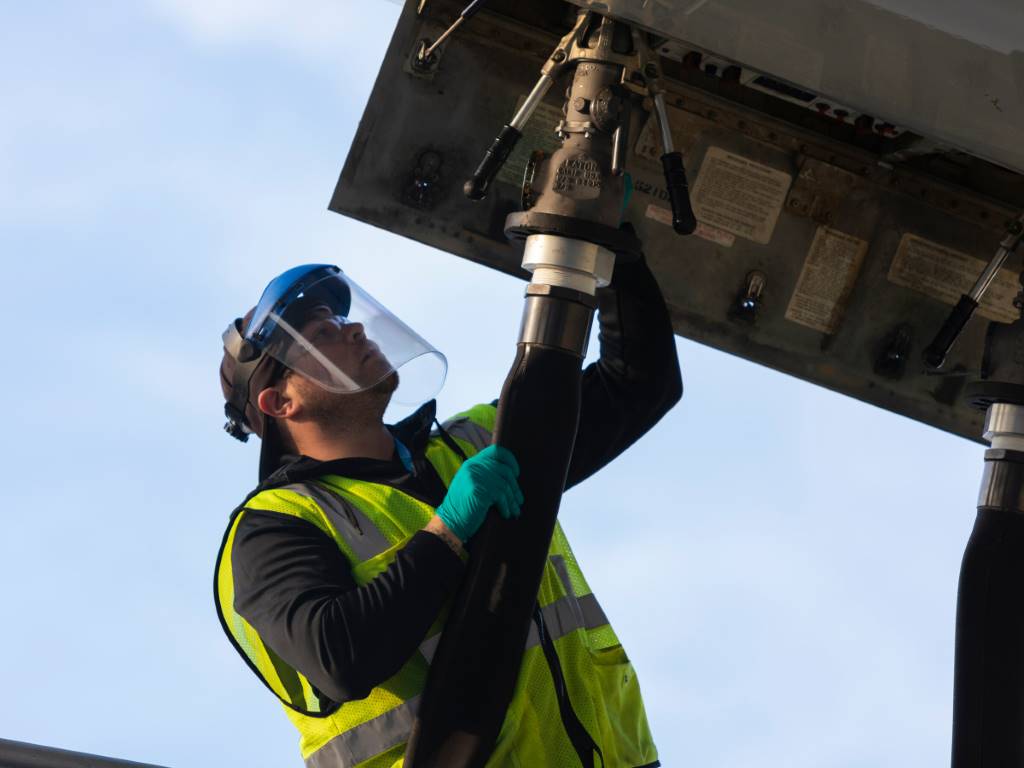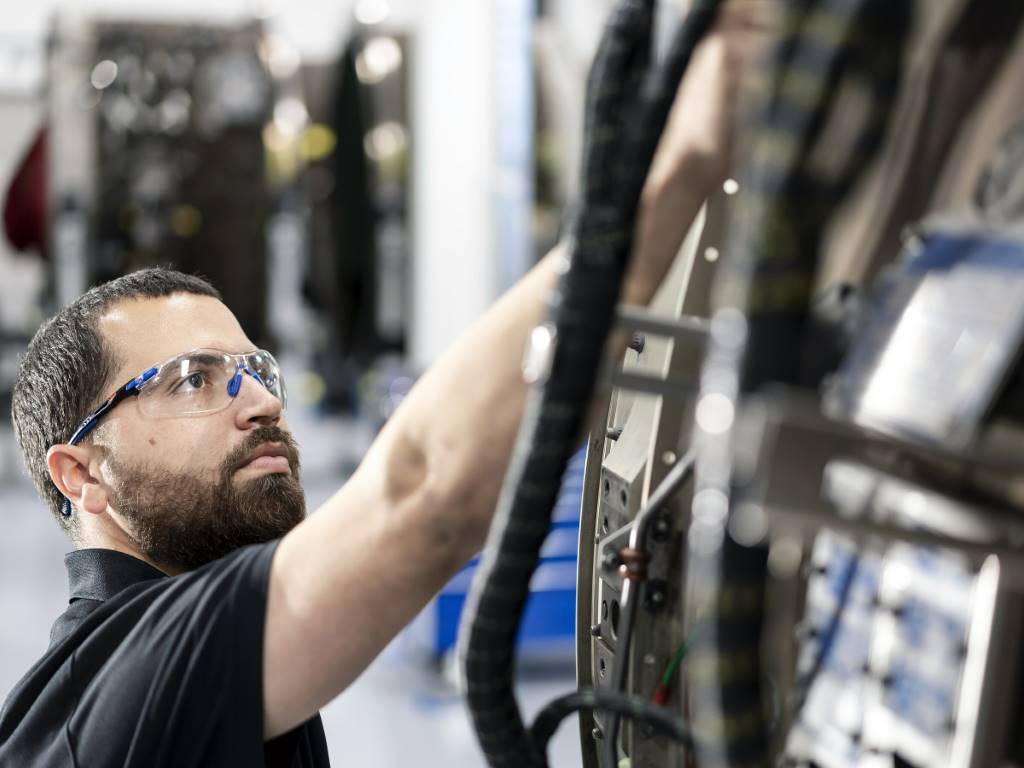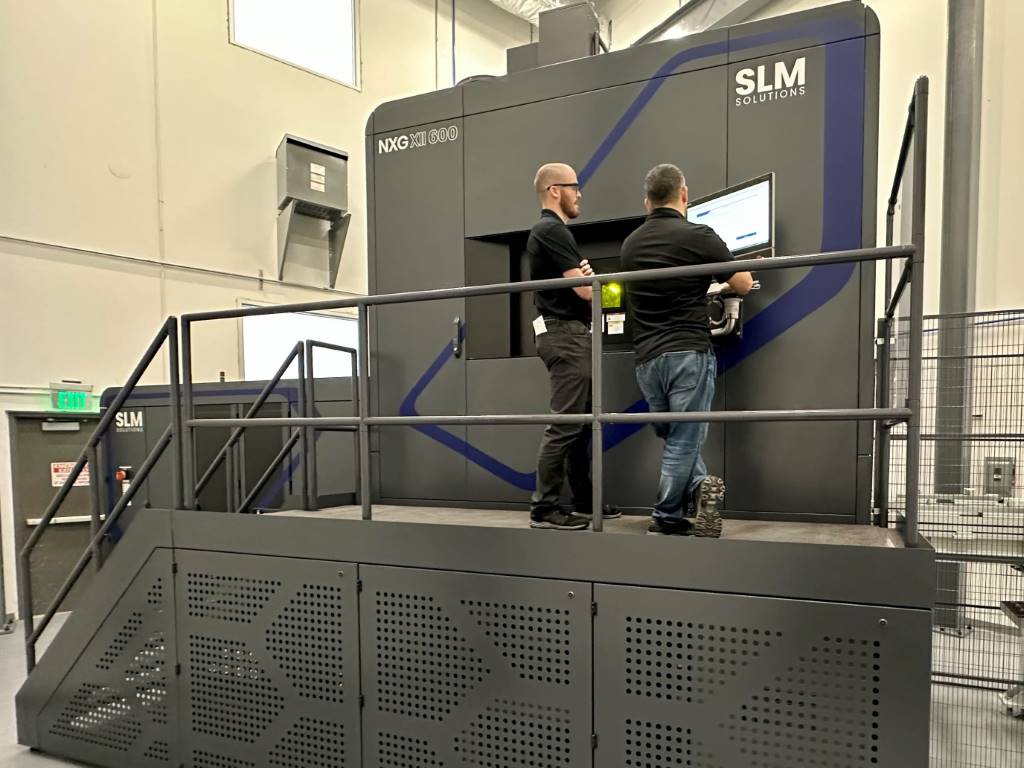NCC unveils a bright digital future for composites manufacturing

On Friday 28 February 2020, the UK’s National Composites Centre (NCC) opened the doors to the most advanced composite manufacturing facility in the world.
On Friday 28 February 2020, the UK’s National Composites Centre (NCC) opened the doors to the most advanced composite manufacturing facility in the world.
Part laboratory, part factory, the 9,948m2 venue is the result of a two-year, £36.7 million research and development programme to harness the power of new digital technologies.
Demand for composites is growing as manufacturers seek to make products lighter, stronger and more durable. The global market is predicted to be worth $105.8 billion in 2020 and growing at 6.5% per year. In the UK alone, the value of composites is expected to reach c. £12.5bn by 2030. As part of the High Value Manufacturing Catapult, The NCC ensures that Britain is at the forefront of this fast-growing sector.
The aviation sector is a significant driver of demand, with operators looking to replace ageing aircraft fleets with the latest, most fuel-efficient models. Using current, labour intensive techniques, manufacturers can only make six pairs of wings per month. The market requires 100. Meeting this need means radically re-thinking how the industry manufactures wings - which is exactly what the NCC has done.
For the past two years, a team comprised of engineers, researchers, software architects, roboticists and textile experts have explored how digital technologies can make composites easier to design for, as well as quicker and cheaper to make. A key goal was to demonstrate that they could be a viable, mass-producible alternative to traditional metallic parts. The results of this research - which were shown publicly for the first time on Friday - are ten ground-breaking new machines which redefine the state-of-the-art for composite manufacturing.
The stars of the new facility are two huge industrial robots that automate the wing production process. Weighing 45 tonnes and 24 tonnes respectively, the robots accurately measure, cut, lift and place carbon fibre fabric plies. They can also lay 5m wide strips of composite material, up to 20m long, in one precise movement, which slashes the number of fabric components required from c.100,000 to just 150, and reduces wing-build time from one week to one day. This has the potential to revolutionise aircraft production.
Other technologies include a giant circular Braider, the largest of its kind in Europe, which automatically weaves up to 288 individual strands of high strength carbon fibre to create hollow 3D geometries for products such as pipes or aircraft propellers.
The Overmoulder, meanwhile, shows how composite components can be mass-produced at rate. This would enable carmakers, for example, to use more of technology in mainstream vehicles, making them lighter and more durable. These are key considerations given the long-term shift towards electrification and, beyond that, new models of shared ownership where cars will be expected to do vast mileages.
The NCC says it has also rethought how it tests completed composite parts for quality control. This is currently a slow and expensive process, typically involving the destruction of the part being examined. In response, NCC engineers have commissioned two, 3m high robots that work in unison, either side of the component, to beam ultrasound down high-pressure water jets. The system then measures the time taken for sound to travel through the part, alerting operators to any anomalies.













